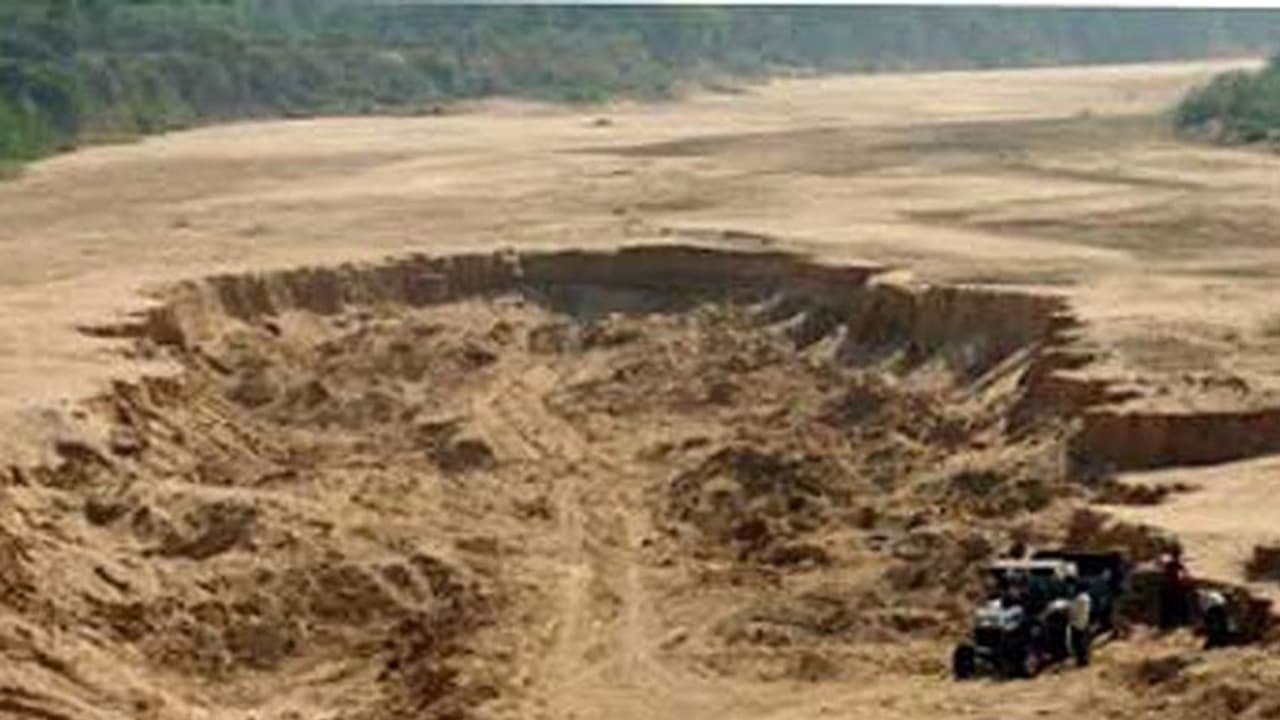As far as natural disasters go, the Tsunami in 2004, which hit the coastal areas of Chennai was one of the biggest in recent times. It affected, though not as devastatingly, the coastal areas of Karnataka too. But right now, human intervention in the coasts of Mangalore is creating a Tsunami-like situation the sand mafia of the coastal areas are causing irreparable damage to eco system there.

The sand mafia in Mangalore is larger and stronger than Ballari’s mining mafia. Lakhs of tonnes of sand gets transported illegally in the Coastal Regulation Zone every day.
These illegal contractors remove the sand from Nethravati River bed around 4 am and transport the sand to Kerala. It is said there are 18 illegal paths (ways) to transport sand. Of these only two places have check posts, which too, are rarely functional.
This illegal sand mining has led to a unique phenomenon where the sweet water of the river is mixing with the salt water of the sea as the sea is engulfing the land at a considerable speed. It is causing serious damage to the eco-system of Karnataka’s coastal areas and could any day trigger a Tsunami.
The neighbouring state of Kerala has banned sand mining. But they are paying high amounts to illegal contractors from Karnataka to bring sand into Kerala.
Each load of sand costs ₹50,000 to ₹70,000 in Bengaluru and in other districts, ₹10,000 to ₹15,000. The Dakshina Kannada district itself is incurring a loss of ₹300 crore per year, because of illegal transport of sand. People there have alleged that the Deputy Commissioner of Dakshina Kannada district is not bothered about the issue and said he has given permits to more than 400 people to transport sand.
If the situation continues, the day the sea occupies the entire coastal land by Tsunami-like waves is not a distant possibility.
